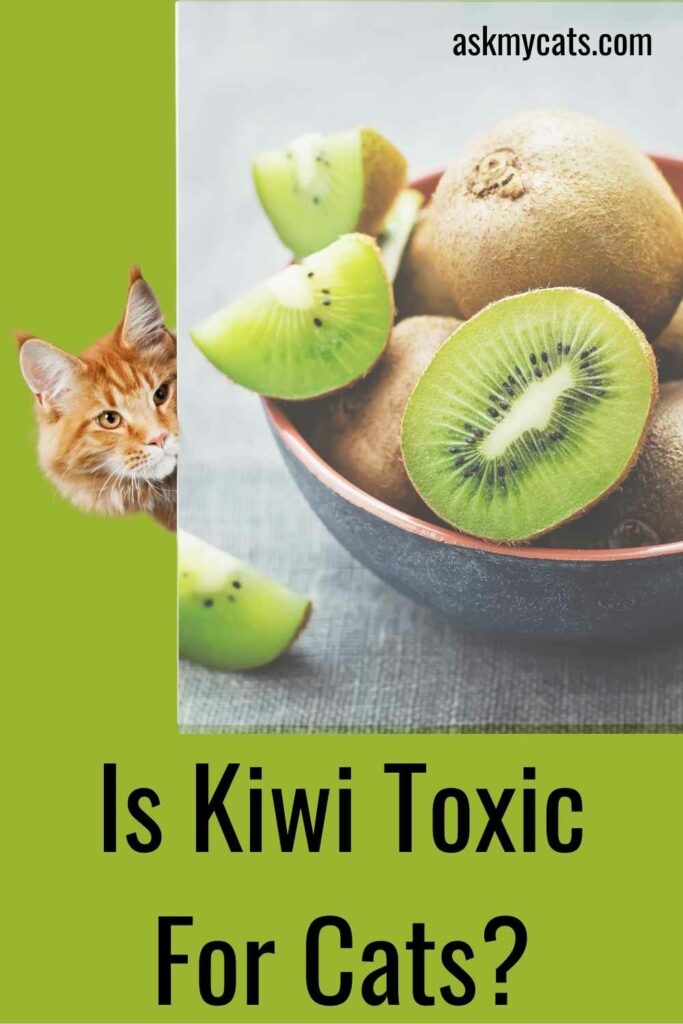Cats are unable to digest oranges due to the lack of glucuronyl tranferase in their bodies which is needed to digest the essential oils found in oranges. First cats are carnivores so fruits are not subject to meal first.

Which Fruits Are Toxic to Dogs and Cats? Natural pet
Although the fruit itself may not cause digestive distress, citrus plants are toxic to dogs and cats.

Are oranges toxic to cats. Educating yourself about what to do if your cat ingests a. Problem with citrus fruits like oranges, lemons. Fruit is edible, skins and plant material can cause problems.
Also even if a cat wants to eat the orange which is a tree has a hard skin mostly the skin is bitter. The severity of your cat’s reaction will depend on how much of the orange was ingested, as well as which part, as the peel contains more toxic compounds than the fruit. They are not toxic to cats.
The peel is the most harmful part of an orange for your cat as it contains the highest amount of chemical compounds and essential oils. No, as oranges, like all citrus fruits, are toxic to cats. Advertisement considerations all citrus fruit parts, including the flesh, peel and seeds, can be harmful to cats.
Fatalities due to an orange poisoning are rare, and most cats can fully recovery with timely treatment, so be sure to contact your veterinarian right away if you notice any of the above. Oranges are full of sugar, which in itself is something you’ll want to make sure your cat avoids. Cats hate the strong smell of citrus, in particular oranges.
All citrus, including grapefruits, lemons, and limes, are harmful to. They are dangerous to cats because the essential oils they contain which require glucoronyl transferase to be metabolized properly. Orange plants are poisonous if they have the peel, leaves, oils, and leaves.
What do orange peels repel? Usually, cats will avoid citrus (that’s why many sprays are made to deter scratching smell so citrusy). Why are cats afraid of oranges?
The primary side effects of cats eating oranges include gastrointestinal upset, such as vomiting and diarrhea. This will give your feline friend indigestion and depression. There are several reasons why a cat does not seem to have eaten orange.
Poisoning from calamondin orange is rarely lethal to cats. Oranges are stuffed with sugar, which in itself is one thing you’ll need to be certain that your cat avoids. Citrus fruit peels and sprays will keep cats off furniture, out of.
Cats should not be harmed by the flesh of fruit if it is consumed in moderation. For humans, oranges are a rich source of calcium, vitamin c, and water, and a few slices of orange may seem like a good idea while trying to round up your cat’s diet. Orange star is toxic to cats and it is not safe, as this belongs to ornithogalum genus which has many plants that are termed as toxic and we can’t say this is not being toxic.
Unfortunately, oranges are not a safe fruit for cats to eat. Cats shouldn’t eat oranges or other citrus fruits (lemons, grapefruits, limes, etc.) in general. Again, most citrus fruits are toxic to cats when ingested, so it’s best to place the peels in porous satchels where cats can’t directly ingest the peels.
Yes this plant looks amazing but preventing the cats from going and playing with this plant is necessary. Coming to oranges also the same. Normally, cats will keep away from citrus (that’s why many sprays are made to discourage scratching odor so citrusy).
So, it will build up to toxic levels to the cat’s body. Lemons, limes, oranges and grapefruits should all be kept away from cats. Bergamot orange or also known as bergamot, citrus bergamia, bitter orange, sevilla orange, and sour orange, contains psoralen and essential oils that are poisonous to cats.
Repel bugs according to sfgate.com, orange peels contain a 90 to 95 percent concentration of limonene, a chemical that is toxic to mosquitoes, flies, and other bugs. Using the oils of these citrus fruits is also a smart solution, since they are nontoxic to humans and cats. Given how uncomfortable oranges could make your.
The american society for the prevention of cruelty to animals (aspca) stated that oranges are toxic to cats due to the essential oils and psoralens found inside the. Cats should not drink orange juice or eat oranges. Citrus (oranges, tangerines, clementines, grapefruit, lemons, limes):
Oranges are toxic to cats thanks to the essential oils and psoralens found within the fruit and should never be consumed by a cat. However, oranges are not something that cats typically eat on a daily basis. The short answer is no.
No, like oranges and other citrus fruits, the essential oils in orange peels are also toxic to cats, and your cat should not eat them. No, oranges and all citrus fruits are toxic to your cat. According to the aspca, cats typically dislike the smell of citrus, so using orange, lemon or lime peels sprinkled around plants can help keep cats away.
Advertisement uses strong citrus scents can be used to curb many bad behaviors in cats. This toxin absorbs energy from direct sunlight that shines on the skin and then uses it to fuel a chemical reaction after being ingested by a cat. No, benadryl can't be toxic to.
Most will make a full recovery within a number of hours, with no lasting health issues related to the incident. A buildup of these oils can be very toxic to a cat. Can benadryl be toxic to a cat?
The meat of the orange is edible in moderation, but the rind and pips are harmful. Read on to discover why you shouldn't share this yummy snack with your furry bestie.
Which Fruits Are Toxic to Dogs and Cats? POPSUGAR Pets

Can Cats Eat Kiwi? Are These Fruits Harmful To Cats?

Plants Poisonous To Cats You Should Avoid And How To Deal

